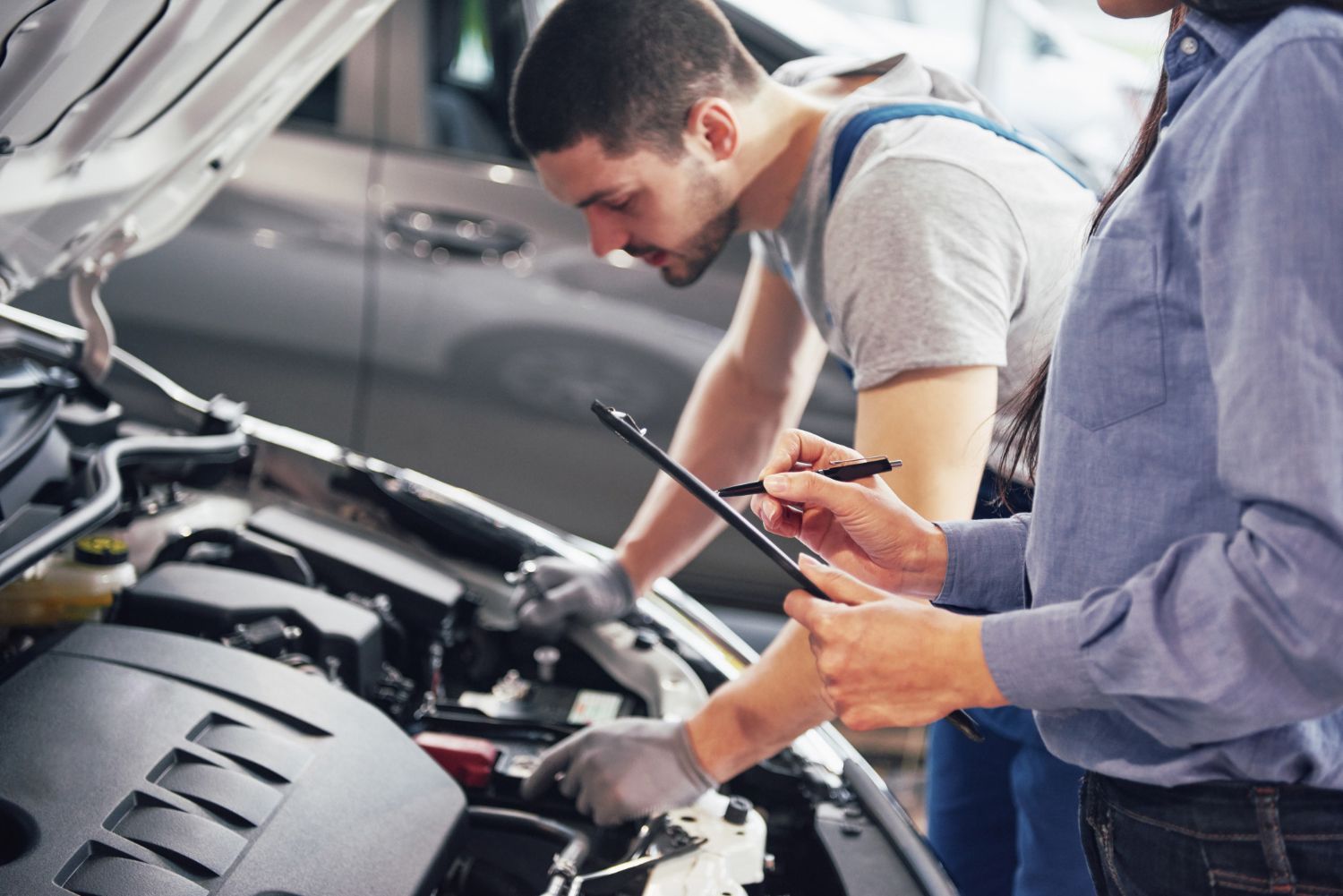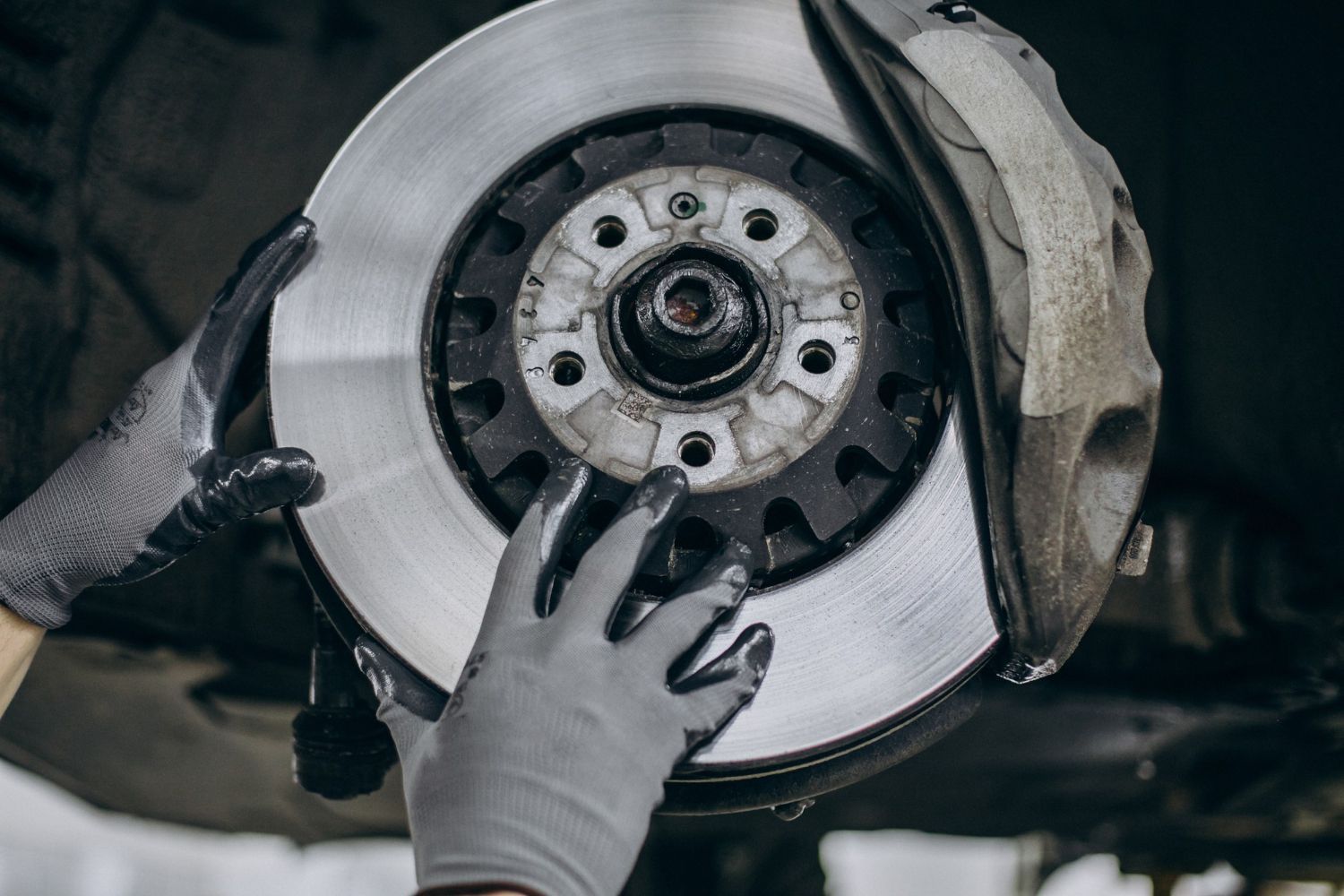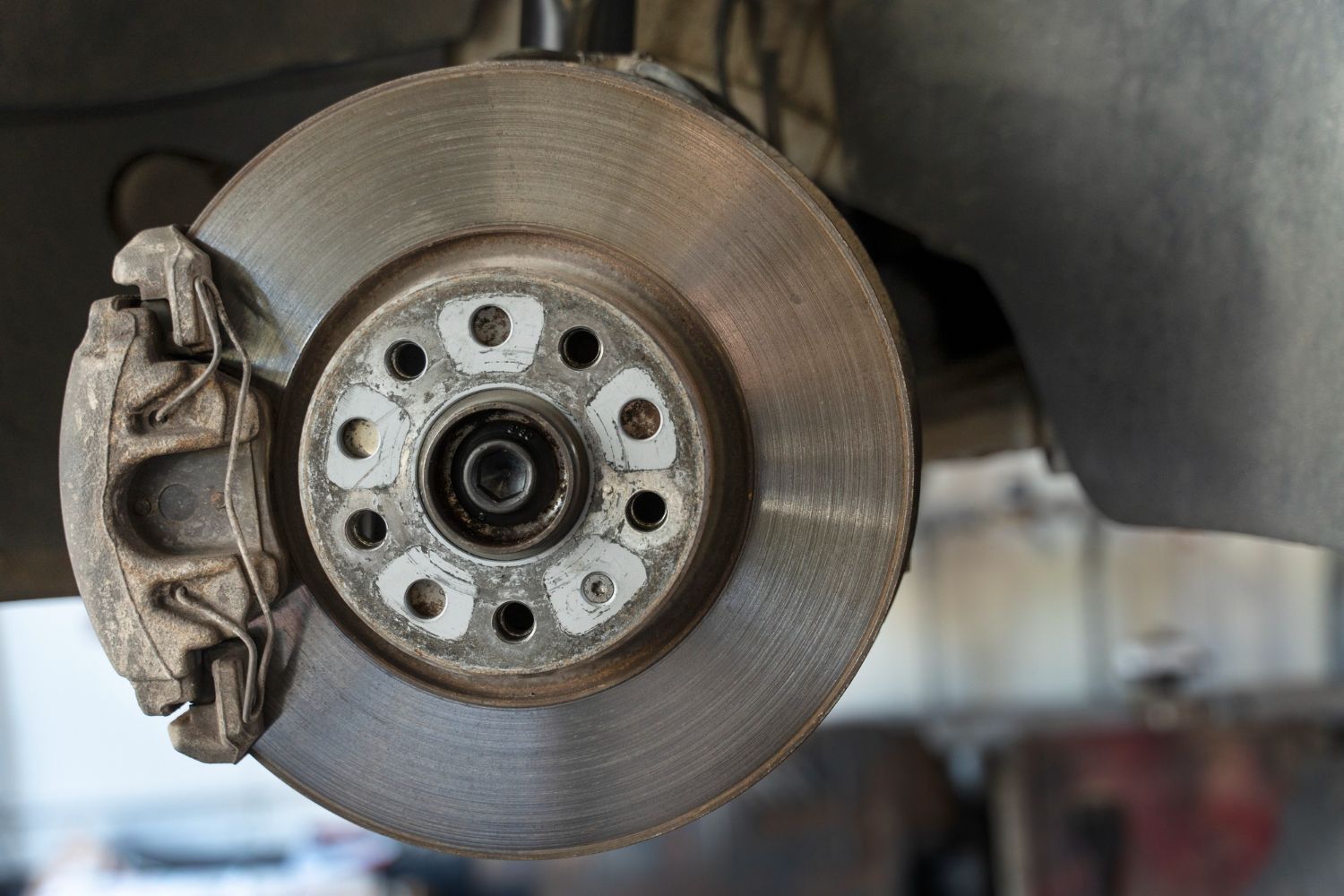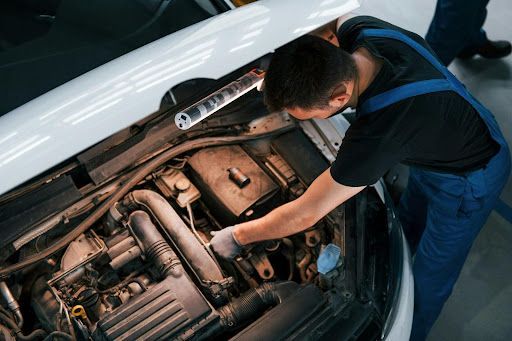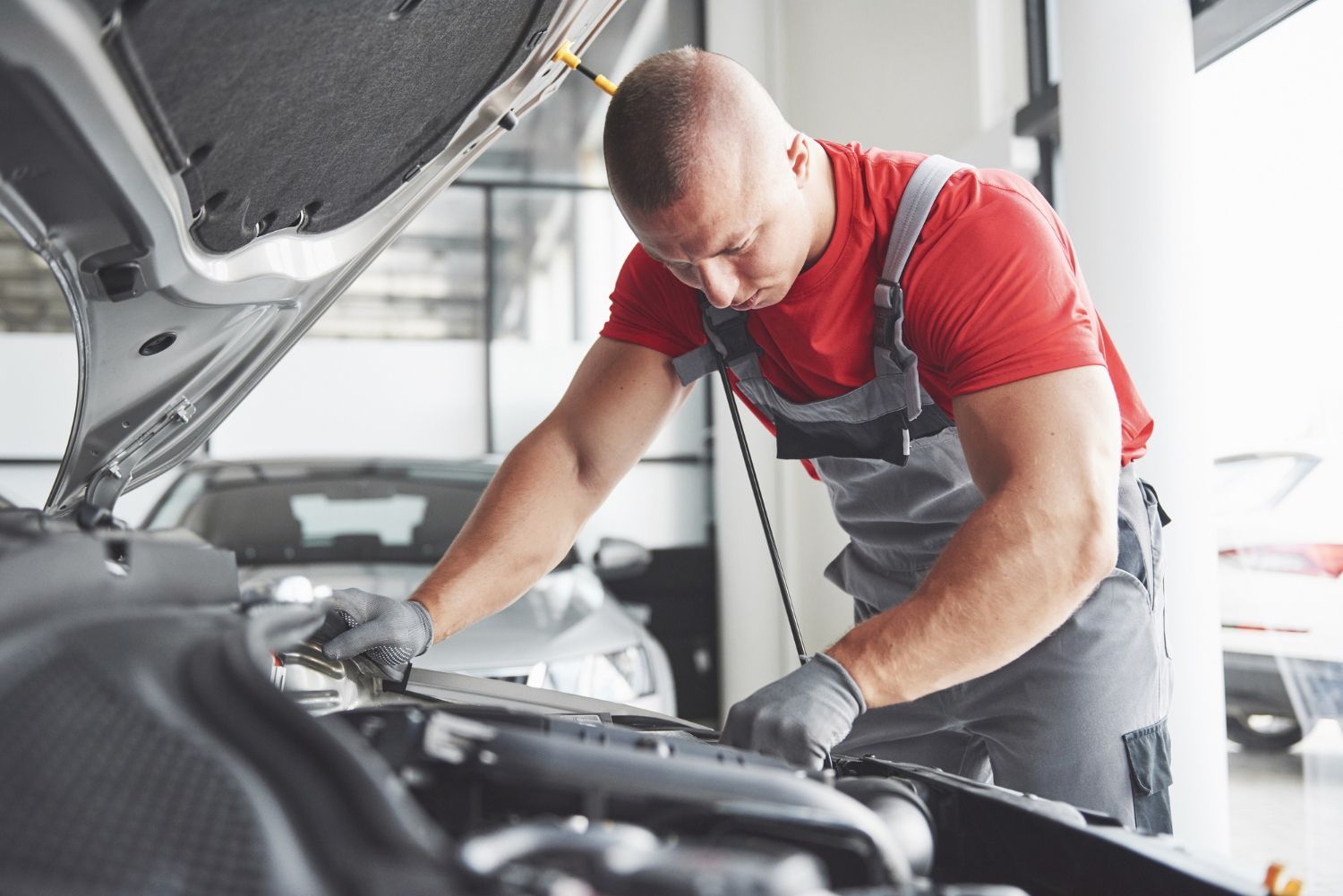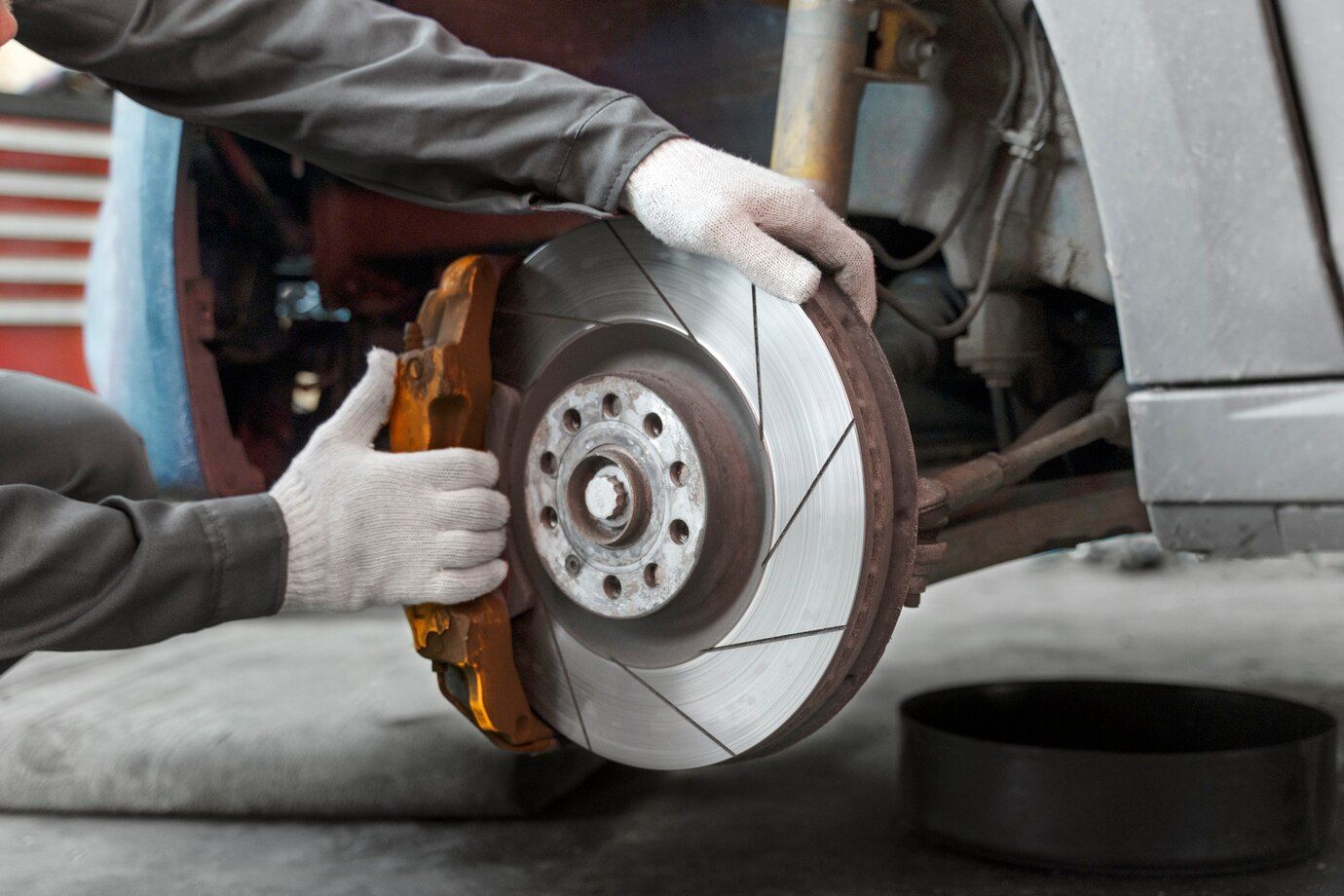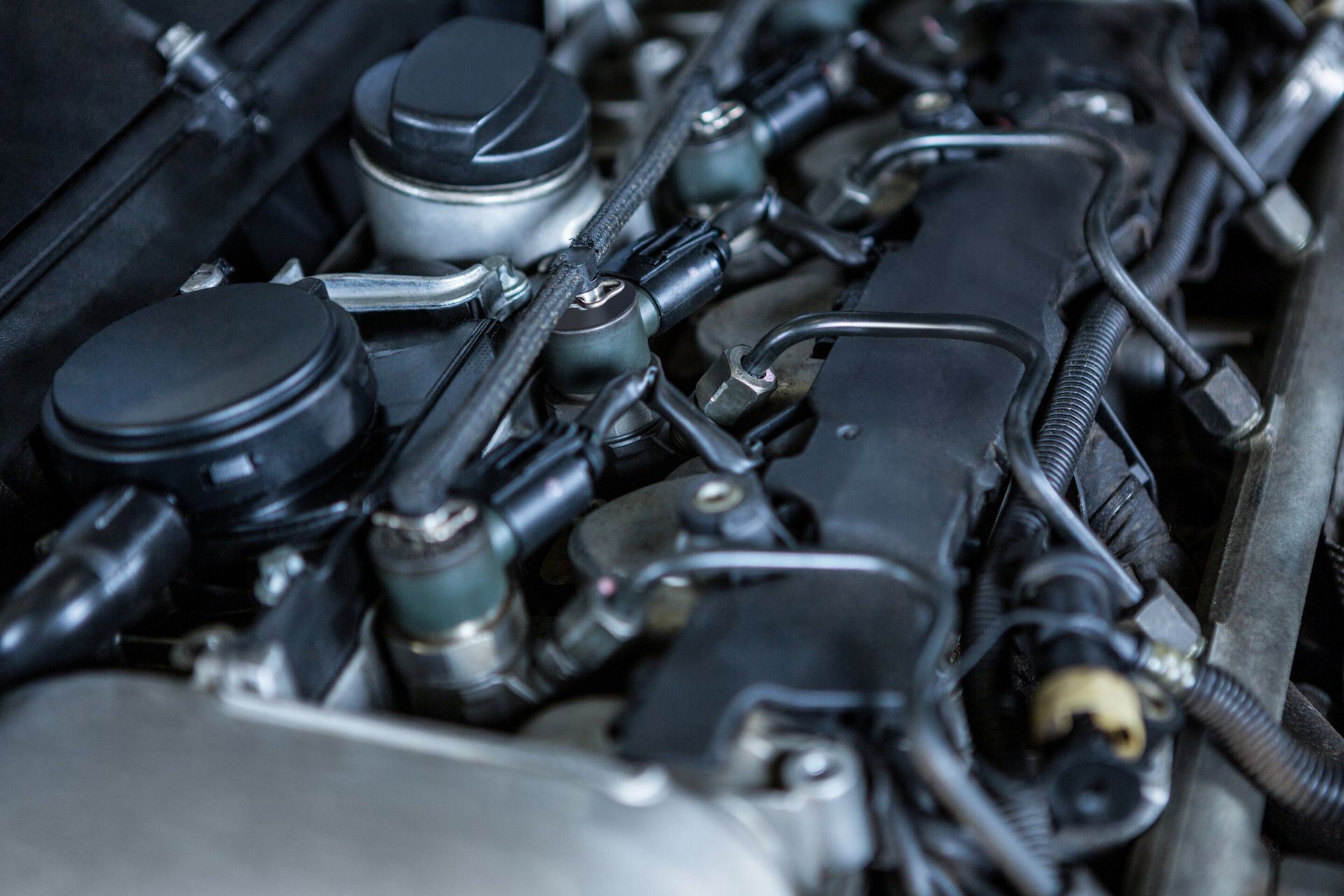Text Us @ 678-863-1912
Achieving Optimal Tire Performance: Proper Care and Maintenance for a Smooth Ride
Your vehicle's tires play a vital role in ensuring you have a safe, comfortable, and efficient driving experience. They serve as the direct connection between your car and the road, impacting handling, ride quality, braking, and even fuel economy. Consequently, proper tire care and maintenance are crucial in maximizing tire lifespan and overall performance, while also providing enhanced safety and driving satisfaction.
In this comprehensive guide, we will share invaluable insights into the world of tire care and maintenance, ensuring that you get the most out of your tires for a consistently smooth and enjoyable driving experience. This content caters to drivers of all experience levels, addressing the essential aspects of tire care that every vehicle owner should understand and implement. By following Car Craft's expert guidance, you can take control of your tire maintenance, contributing to a safe, reliable, and efficient driving experience every time you hit the road.
1. Essential Steps for Regular Tire Care
A well-rounded tire maintenance routine involves several crucial steps, all of which contribute to the longevity and optimal performance of your tires. Here are the essential aspects to consider in your tire care regimen:
- Tire Pressure: Checking your tire pressure regularly is crucial to ensure proper contact with the road, even tire wear, and improved fuel efficiency. Use a reliable tire pressure gauge to measure the pressure when the tires are cold (before driving) and compare it to your vehicle manufacturer's recommended values, typically found in the owner's manual or on a sticker inside the driver's door. Adjust the pressure accordingly, inflating or deflating as necessary.
- Tire Rotation: Rotating your tires is a vital maintenance step to promote even wear and prolong tire life. The general recommendation is to rotate your tires every 5,000 to 7,500 miles, or in accordance with your vehicle manufacturer's guidelines. Keep in mind that different vehicles may require specific tire rotation patterns to account for weight distribution and drivetrain design.
- Tire Balancing: Over time, tires can become unbalanced, leading to uneven wear and an uncomfortable, shaky ride. Balancing your tires involves adjusting the weight distribution on the tire and wheel assembly, promoting even wear and a smoother driving experience. It is generally recommended to have your tires balanced every time you rotate them or when you notice excessive vibrations at certain speeds.
- Wheel Alignment: Wheel alignment involves adjusting the angles of your tires according to your vehicle's manufacturer specifications, ensuring proper tire contact with the road and even wear. Signs of misaligned wheels include uneven tire wear, a crooked steering wheel, or your vehicle pulling to one side. Have your wheel alignment checked and adjusted as needed during regular maintenance visits or whenever you encounter these symptoms.
2. Identifying and Addressing Tire Issues
Early detection and resolution of tire issues can not only save you time and money but also prevent premature tire failure - a significant safety concern. Keep an eye out for the following tire issues and address them as needed:
- Uneven Wear Patterns: Inspect your tire tread regularly for signs of uneven wear, such as outer edge wear, cupping, or feathering. If detected, consult a professional mechanic to diagnose and rectify the underlying cause, which could range from improper inflation to suspension issues.
- Tread Depth: Maintaining adequate tread depth is essential for optimal traction and water displacement on wet roads. Use a tread depth gauge or the penny test (insert a penny with Lincoln's head facing down; if you can see the top of his head, it's time for new tires) to evaluate your tires' remaining tread. Replace worn tires promptly to ensure safe driving conditions.
- Tire Damage or Bulges: Inspect your tires for any visible damage such as cuts, punctures, or sidewall bulges, which can be both hazardous and detrimental to your tire's lifespan. Damaged tires should be repaired or replaced as needed to maintain safety and performance.
3. Choosing the Right Tires for Your Vehicle
Selecting the appropriate tires for your vehicle is vital for maximizing their performance and lifespan. Consider the following factors when choosing new tires:
- Type of Tire: Consider the type of tire that best suits your driving needs and local climate. All-season tires offer a balance of performance and longevity, while summer or winter tires cater to specific weather conditions for maximum safety and traction.
- Tire Size and Load Capacity: Always select a tire size and load capacity that conform to your vehicle manufacturer's specifications, ensuring the proper fit and weight distribution.
- Tire Brands: Opt for reliable and reputable tire brands that meet or exceed industry standards, providing you with a high-quality, dependable product for your vehicle.
4. Storing Tires Correctly
If you have multiple sets of tires (i.e., summer and winter tires), it's crucial to store them correctly to prevent damage and preserve their longevity. Store your tires in a cool, dry, dark environment, away from direct sunlight and chemicals that can degrade the rubber. Additionally, consider using tire storage bags or stacking tires horizontally to limit deformation and pressure on the sidewalls.
Prioritize Tire Care for a Safe and Smooth Driving Experience
Keeping your tires in top condition is integral to ensuring a safe, comfortable, and efficient driving experience. By following the tips and advice presented in this comprehensive guide, you can maintain your tires' performance and longevity, and enjoy a smooth, controlled ride on every trip.
At Car Craft, our expert mechanics boast over 120 years of combined experience, providing exceptional
auto repair and care services, including tire maintenance and repair, to the Athens community for 42 years. Trust our team to deliver comprehensive tire solutions tailored to your unique needs, guaranteeing optimal tire performance and your utmost safety on the road. Prioritize tire care and experience the difference a well-maintained set of tires can make in your driving experience.



